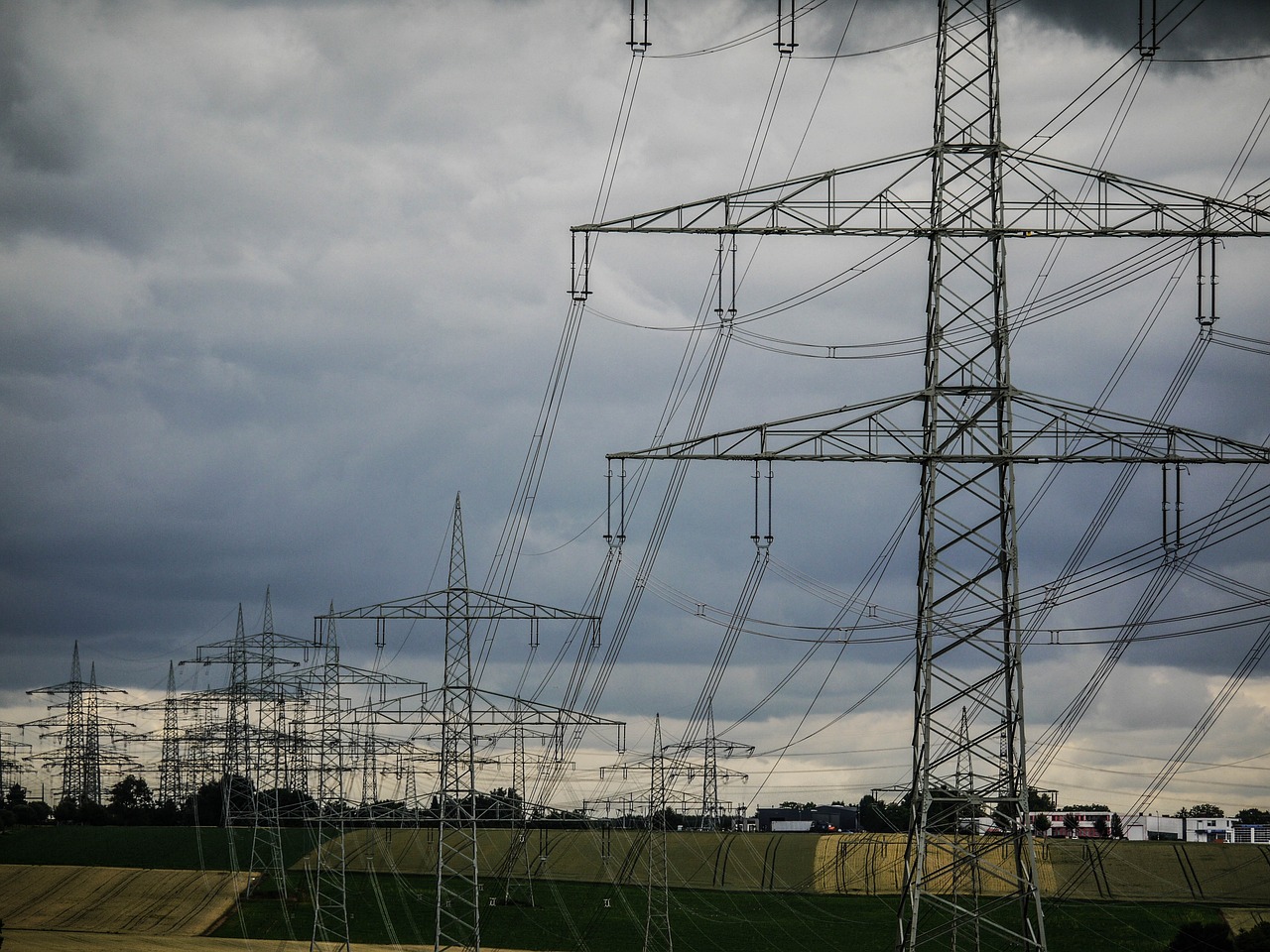The Ethics of AI in Autonomous Weapons Systems
The integration of artificial intelligence (AI) into autonomous weapons systems has raised significant ethical concerns within the international community. One major issue is the potential for AI to make life-or-death decisions without the oversight of human operators. This lack of human control raises questions about the morality of using technology to carry out acts of warfare. Critics argue that autonomous weapons could result in unintended consequences and violate fundamental principles of ethics and human rights.
Moreover, the deployment of AI-driven weapons raises fears about accountability and responsibility in armed conflicts. If AI systems are responsible for targeting and engaging enemy forces, who should be held accountable for any errors or violations of international law? The blurred lines of accountability could lead to a lack of transparency and hinder efforts to hold individuals or nations responsible for their actions in warfare.
The potential for lack of human control and accountability in AI-driven weapons
In the realm of autonomous weapons systems that rely heavily on artificial intelligence (AI), concerns have been raised regarding the potential lack of human control and accountability. As these systems become more advanced, the decision-making processes may increasingly shift from human operators to AI algorithms. This shift raises questions about who ultimately holds responsibility for the actions of these weapons when errors or malfunctions occur.
One significant issue is the potential difficulty in tracing the chain of command and decision-making within AI-driven weapons systems. Unlike human operators who can be held accountable for their actions, attributing responsibility in cases of unintended consequences or ethical violations involving AI can be challenging. Without clear lines of oversight and human intervention, the risk of errors or intentional misuse by these systems could have serious implications in military operations and global security.
The risk of AI technology being used for malicious purposes in warfare
Artificial intelligence (AI) technology has shown great potential in various applications, including warfare. However, one significant concern that arises is the possibility of AI being exploited for malicious purposes in the context of armed conflicts. The unpredictable nature of AI algorithms and the potential for unauthorized individuals or groups to gain control over AI-driven weapons pose a serious threat to global security.
The use of AI in warfare also raises ethical dilemmas regarding the lack of human oversight and accountability in decision-making processes. With AI systems having the ability to make autonomous decisions based on complex algorithms, there is a risk of unintended consequences and civilian casualties. Ensuring that AI technology is utilized responsibly and in accordance with international laws and norms is crucial to prevent the misuse of AI in warfare for malicious intents.





